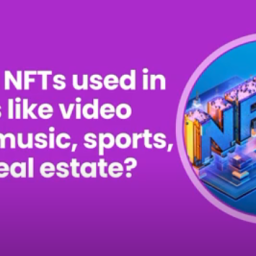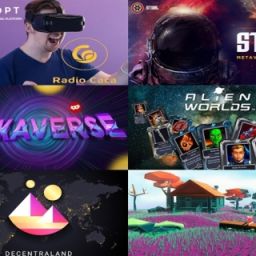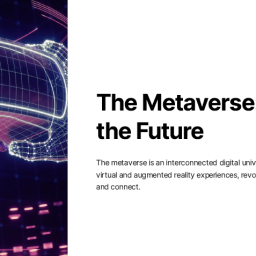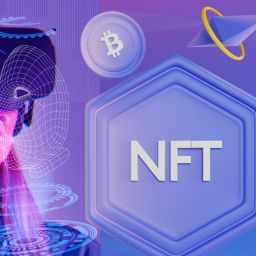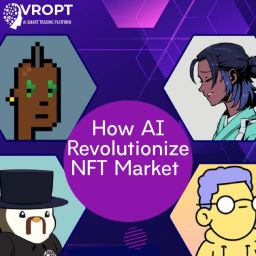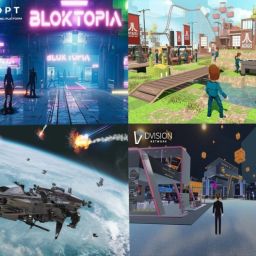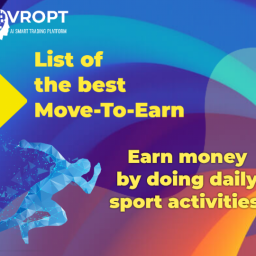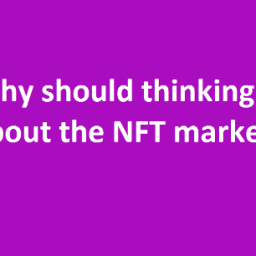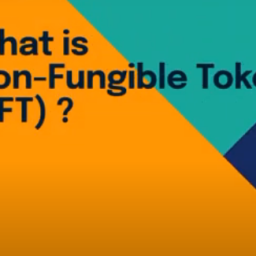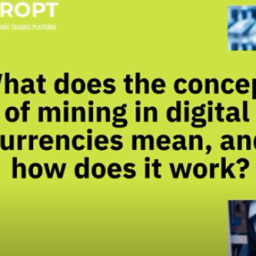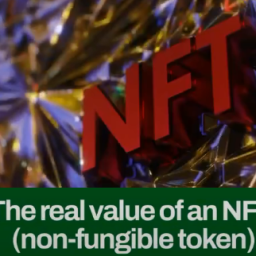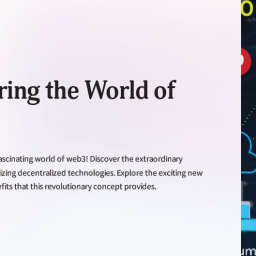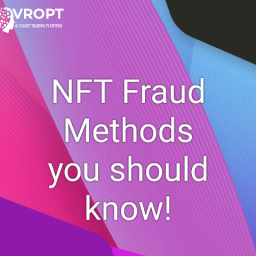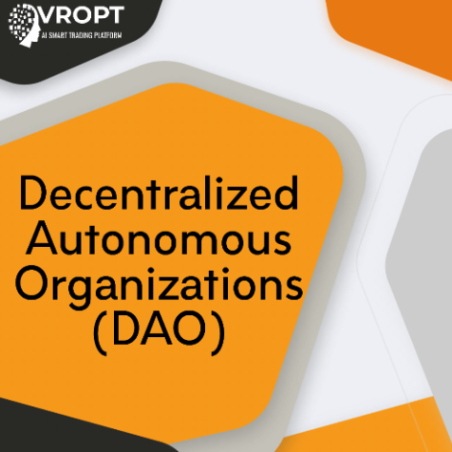
Understanding Decentralized Autonomous Organization (DAO)
As the world becomes increasingly decentralized, the way we organize and govern communities is evolving. Decentralized Autonomous Organizations (DAOs) are emerging as a new, innovative way to coordinate and manage resources in a trustless and transparent manner.
🔍 What is a DAO?
A DAO is a community-led organization that operates using smart contracts and blockchain technology. In a DAO, there is no central authority or intermediary controlling the organization’s actions; instead, decision-making power is distributed among its members.
🌟 Key Features of a DAO:
- Decentralized Governance: DAOs leverage the power of smart contracts to establish rules and execute decisions based on community consensus. This enables decentralized governance and democratic decision-making.
- Transparency: DAOs operate on a blockchain, which provides a transparent and auditable record of all transactions and decisions, ensuring accountability and fostering trust among members.
- Token-based Participation: Members typically use governance tokens to vote on proposals, allocate resources, and participate in the organization’s development. This incentivizes active engagement and aligns interests within the community.
- Automation and Efficiency: DAOs automate many administrative tasks, making them more efficient and cost-effective compared to traditional organizations.
🔍 Why DAOs Matter:
As more people seek greater autonomy, transparency, and decentralized governance, DAOs offer a promising model for the future of collaboration and resource management.
Whether you’re an entrepreneur, investor, or simply interested in innovative governance models, understanding the power of DAOs can unlock new opportunities in the decentralized economy.
Effect of DAO on NFTs
DAOs can significantly impact the NFT ecosystem in several ways:
- Community-driven projects: DAOs enable NFT communities to work together and fund projects collectively, fostering collaboration and shared ownership.
- Curating NFT collections: DAOs can acquire, manage, and curate NFT collections based on the community’s interests and preferences.
- Investing in NFT projects: DAOs can pool resources from members and invest in promising NFT projects, providing funding and support to creators.
- Decentralized governance: By allowing token holders to vote on proposals, DAOs enable decentralized decision-making for NFT projects, giving the community more control over the direction and development of the project.
- Fair distribution of profits: DAOs can ensure fair distribution of profits generated from NFT sales or royalties among community members, rewarding early supporters and believers in the project.
- Social and creative experiments: DAOs can enable innovative social and creative experiments using NFTs, pushing the boundaries of what’s possible in the digital art and collectibles space.
Overall, DAOs provide a framework for communities to come together and collectively participate in the NFT ecosystem, offering opportunities for collaboration, investment, and shared decision-making. This can contribute to the growth and development of the NFT market while also fostering a sense of ownership and belonging among community members.


